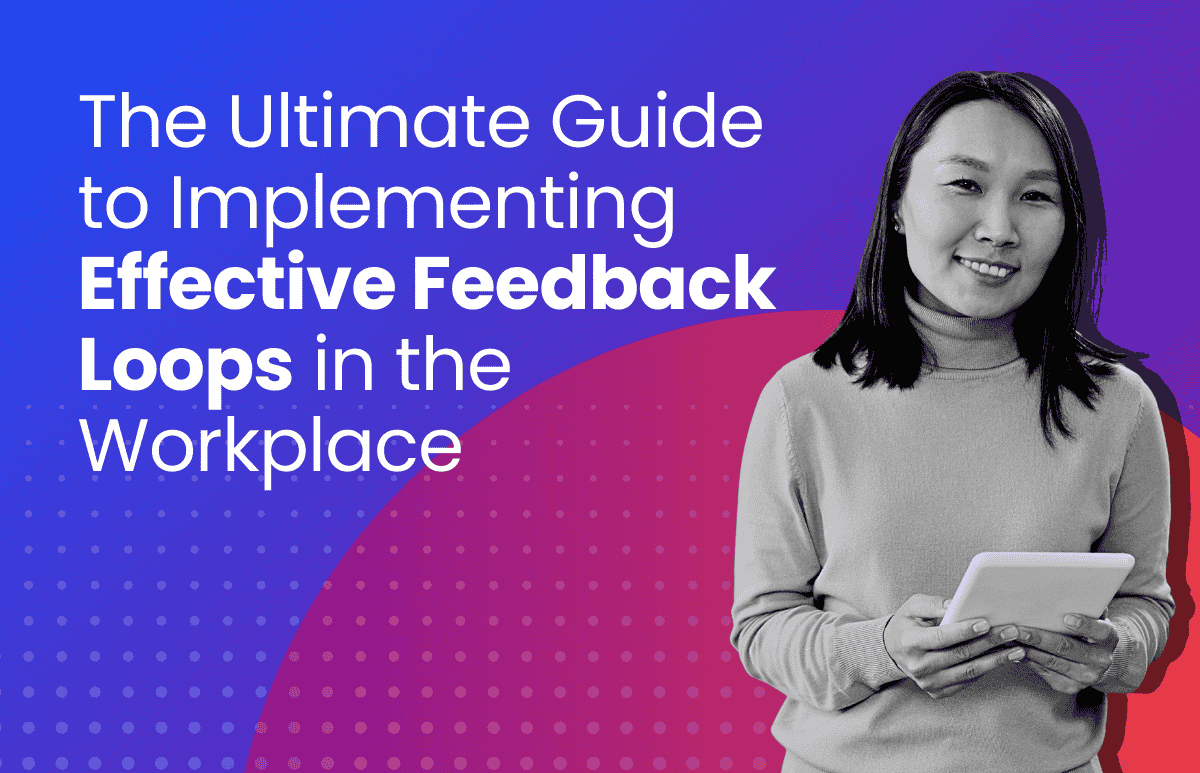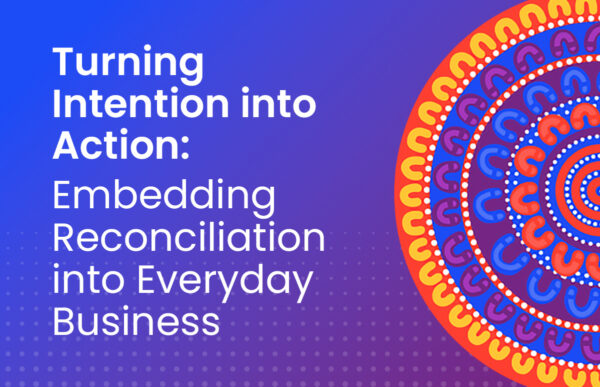Employee Wellbeing Statistics in Australia: Burnout, Illness, Leave, and More

Employee wellbeing has been top of mind for HR professionals in recent years – and rightly so. The global pandemic posed unprecedented challenges on our mental, physical, financial and social health.
From job losses to lockdowns, and the devastating death toll both locally and worldwide, the impact of COVID-19 was wide-reaching. Despite the lifting of restrictions over the past 12 months, many people will continue to experience the effects of the pandemic for years to come.
What defines employee wellbeing?
Wellbeing is a buzz word that’s often used in various different contexts but what does it really mean? The term wellbeing refers to a person’s overall mental, social, physical and financial health. Wellbeing is a holistic term, encompassing the cumulative aspects that contribute to an individual’s health.
Employee wellbeing can be impacted by many factors that exist both in an employee’s personal life and their work, and often, these factors overlap. For example, changes in a person’s financial situation might lead to stress and worry at work, impacting their mental health. Similarly, if an individual becomes unable to exercise due to an injury, the change in their physical health may have a detrimental impact on their mental wellbeing too. That’s why it’s important to take a holistic view of wellbeing.
The importance of wellbeing in the workplace
Some business leaders might think the topic of wellbeing doesn’t apply to the workplace – but it’s a short-sighted view. Given we spend around a third of our lifetime at work, it is a significant contributor to our overall wellbeing.
Plus, the link between wellbeing and work output is well known. Poor wellbeing, whether caused by factors in the workplace or at home, will no doubt impact a person’s ability to perform in their job. It can be detrimental to concentration levels, morale, engagement, and lead to a higher rate of absence.
From a commercial perspective, failing to address employee wellbeing in the workplace can impact a business’s bottom line. Research by Gallup estimates that globally, there is around USD$322 billion of turnover and lost productivity costs because of employee burnout.
Read more: Managing Workplace Stress and Fatigue: A Practical Guide for Employers
Statistics about employee wellbeing in Australia
Each quarter, ELMO surveys 1,000 employees in Australia to measure their perception around the economy and their job security, their levels of wellbeing, and other topical issues facing the workforce.
The following statistics are taken from ELMO’s latest Employee Sentiment Index. The survey asked employees to reflect on the previous quarter, between October and December 2022.
Burnout
- 35% of employees took a legitimate sick day between October and December 2022.
- The figure is higher than the year before (26%, Q4 2021), but on par with the previous quarter (36%, Q3 2022).
- 29% arrived at work while feeling unwell – up from 22% the year before (Q4 2021).
Leave
- 31% of employees took annual leave between October and December 2022 – an increase from 26% the previous year (Q4 2021).
- 13% took carer’s or compassionate leave.
- 4% said they took unscheduled remote work leave.
- 16% took a mental health day – on par with the previous quarter (16%) and the previous year (17%).
Overwhelm
- 32% of employees felt overwhelmed with the amount of work they had to do between October and December 2022.
- That is a two percentage-point increase on the previous quarter (Q3 2022) and the same figure as a year before (Q4 2021).
- On the other end of the spectrum, 28% of employees said they felt bored at work.
Support
- 4% of employees used an Employee Assistance Programs (EAP) between October and December 2022.
- That figure is consistent with the rest of 2022 and a one percentage-point increase on Q4 2021.
- 16% took a mental health day – on par with the previous quarter (16%) and the previous year (17%).
ELMO’s quarterly Employee Sentiment Index provides a pulse of the nation to help guide employers with data-driven insights. To see the full report, download ELMO’s Q4 2022 Employee Sentiment Index.
ELMO Software is a leading provider of integrated, cloud-based HR technology operating in New Zealand, Australia and the UK. With over 3,000 customers, ELMO helps users to save valuable time, money, and resources by streamlining HR processes within one easy-to-use platform.
Highly configurable, the solutions can be tailored to meet each organisation’s unique needs and processes. What’s more, supportive implementation services and dedicated Account Managers help our clients to get the most from their ELMO platform and drive a higher return on investment. Visit the ELMO website to find out more or book a demo to experience the platform for yourself.
 HR Core
HR Core 









